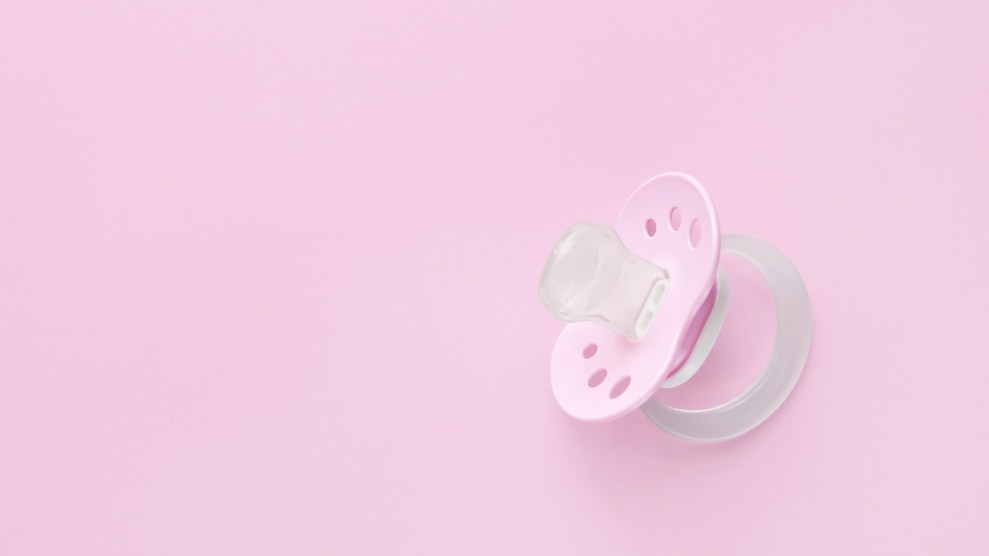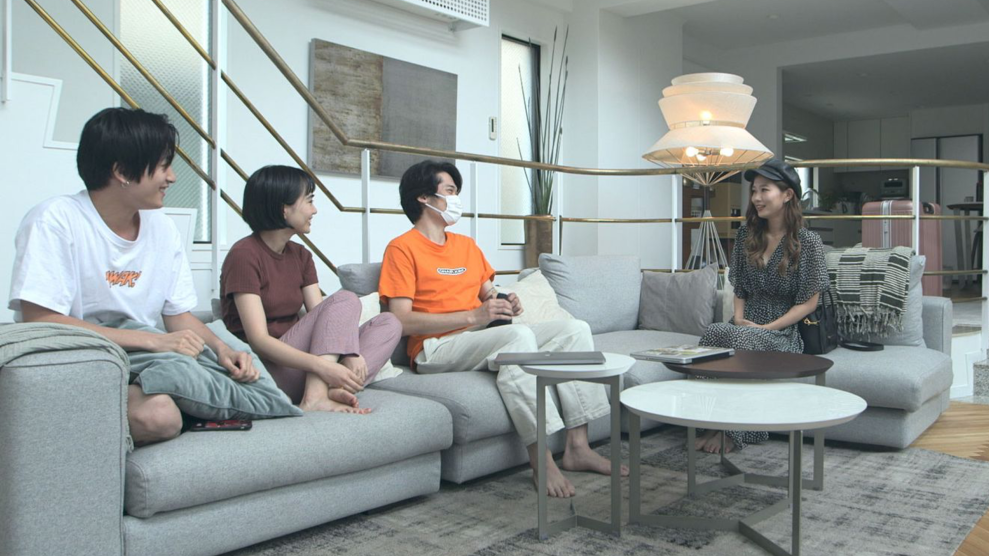
Nilsz/ Getty Images
An occasional series about stuff that’s getting us through a pandemic. More here.
The one thing that eluded me was a thermometer.
As anxiety about the coronavirus grew and store shelves started to thin out, I tried to stay one step ahead of the curve. No hand sanitizer to be found in the Bay Area? No worries, my parents sent me some from my hometown. No more Lysol wipes? I’ve been stocked for months. Face masks? Got it. While remaining careful not to unnecessarily deprive others of critical supplies, I meticulously acquired flu medicine, ibuprofen, rubber gloves, backup prescriptions—everything I thought I’d need to wait out the pandemic at home.
But with fever being one of the most common symptoms of COVID-19, I, like everyone else, wanted to be able to take my temperature regularly. Local pharmacies and big box stores were long cleared out. I scoured reputable sites, less reputable sites, and my own mental Rolodex in search of a thermometer. (This included reaching out to an ex-boyfriend who works in medical supplies looking for an inside connect; that was a mistake.)
Finally, I found this pacifier.
It is a thermometer designed to take an infant’s temperatures with minimal disruption. The brand seemed legit, and it was in stock at an affordable price. Add to cart.
The sense of vindication I got at having finally completed my coronavirus arsenal far outweighed any embarrassment I felt at being a 20-something childless woman purchasing a baby item. Who needs pride when you’re prepared?
Even in normal times, I respond to situations mundane and stressful alike with a clear plan of action (and also at least three backup plans of action). I bring sunscreen to the beach. I bring a jacket to the park. I have the Google Maps route pre-loaded on my phone. My prepping hasn’t yet elevated to the level of doomsday, but, sure, I’ve bookmarked sites with instructions on how to build a bug out bag.
This intense need to plan ahead for every possible situation is, of course, a thin façade for the fact that in reality, I’m baby. Despite any outward projections of confidence, I hardly know what I’m doing most of the time. Being prepared is a part of my general fake-it-till-you-make-it approach to adulthood. All I really want is to be enveloped in a warm hug and told by a trusted authority that everything will be ok. And right now, who wouldn’t want that?
The coronavirus crisis has put our powerlessness into stark relief. There is so much we can’t control. It’s reasonable to focus our energy on the little that we can. In this new reality, dyeing your hair is okay, becoming a chicken farmer is okay, and—in the face of an enemy as frightening and unknowable as a global pandemic—buying a pacifier thermometer is okay. It’s even a win.
By the way, the pacifier works. As soon as the package got to my house, I opened, sanitized, and popped it in my mouth. A minute later, it chimed with a reading: a perfectly normal 98.6.


















